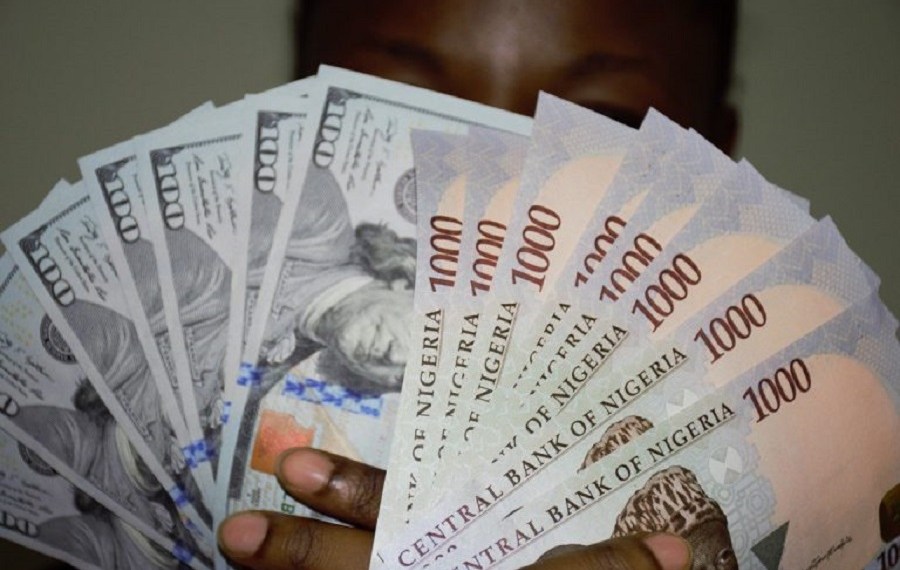
Aboki Naira To Dollar Black Market Rate Today 15th November 2024
As of today, November 15, 2024, the Nigerian Naira’s value against the U.S. Dollar continues to fluctuate in the black market, also known informally as the “Aboki” market.
This informal market, where currency exchange occurs outside the official banking channels, has shown a notable rate shift, reflecting Nigeria’s ongoing economic dynamics.
Trending Now!!:
Current Exchange Rates
- Buying Rate: The informal traders are buying the U.S. Dollar at approximately ₦1,733.495.
- Selling Rate: Dollars are being sold to individuals at around ₦1,734.515.
These rates indicate a slight adjustment from the previous days, showcasing the volatile nature of the black market exchange rates. This variability is influenced by several factors, including supply and demand dynamics, speculative activities, and the broader economic conditions within Nigeria.
Market Insights
- Demand: There continues to be a high demand for dollars in Nigeria for various reasons, including education abroad, travel, and importation of goods, which often pushes the rates up in the black market due to the scarcity of foreign currency.
- Supply: Official foreign exchange reserves are still under pressure, contributing to the gap between the Central Bank of Nigeria (CBN) official rates and those found in the parallel market.
Comparison with Official Rates
- The Central Bank of Nigeria (CBN) has set the official rate at approximately ₦1,658.933 per USD, showing a significant discrepancy with the black market rates. This gap often leads to an increased reliance on the black market for those seeking foreign currency, mainly when the official supply through banks is insufficient.
Economic Context
Nigeria’s economy has been adjusting following policy changes aimed at unifying exchange rates and improving foreign exchange liquidity. Despite these efforts, the informal market remains active, influenced by both local economic conditions and international economic climates, including fluctuations in oil prices, which significantly impact Nigeria’s foreign exchange earnings.
Conclusion
The persistent difference between the black market and official rates highlights ongoing challenges in Nigeria’s foreign exchange regime. While the government and the CBN strive for a more unified exchange rate to curb economic distortions, the black market continues to play a crucial role in many Nigerians needing to access foreign currency.


